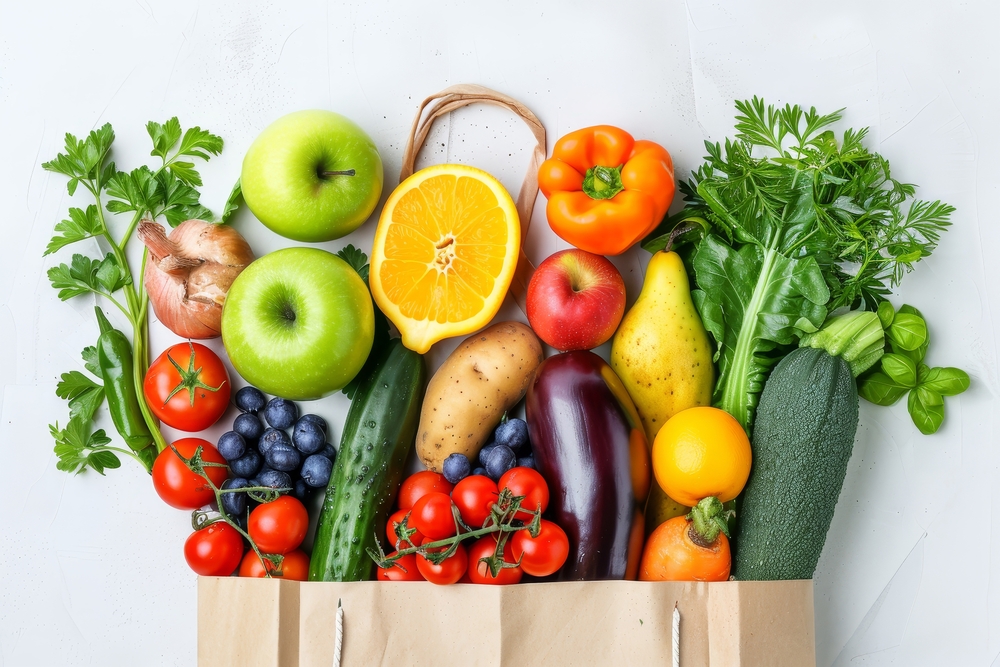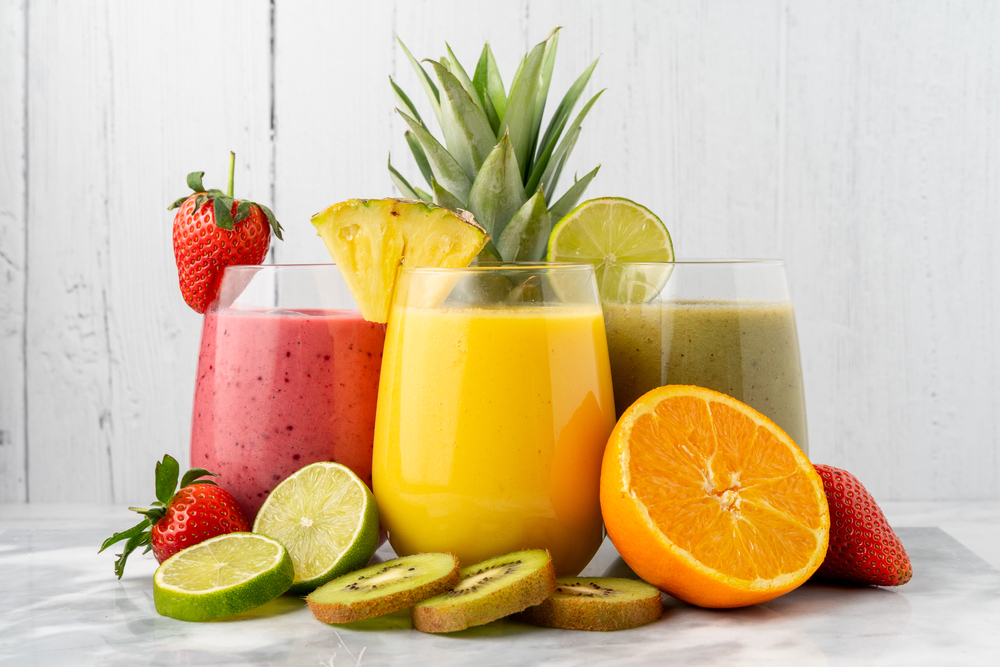In a world where fast food and processed meals dominate, many people are beginning to reflect on their eating habits while opting for more natural and wholesome foods. One of the best ways to embrace this shift is by integrating organic nutrition into your diet. Organic foods are grown without synthetic pesticides, fertilizers, or genetically modified organisms (GMOs) making them a healthier and sustainable choice.
However, if you’re just starting out, the idea of switching to organic might feel overwhelming. The good news? You don’t need to switch your entire diet overnight. By making small, manageable changes, you can gradually embrace the organic lifestyle. Here’s a beginner’s guide on how to incorporate organic nutrition into your diet with ease.
1. Start with the “Dirty Dozen”
The “Dirty Dozen” is a list curated by the Environmental Working Group (EWG) that highlights fruits and vegetables most likely to contain pesticide residues. If you’re on a budget or just getting started, focus on buying these items organic. This is an excellent first step toward reducing exposure to harmful chemicals while making a positive impact on your health.
The current Dirty Dozen list includes items like strawberries, spinach, apples, grapes and tomatoes. By choosing organic versions of these foods, you’ll be making a huge difference without overcomplicating your shopping.

2. Incorporate Organic Whole Grains
Whole grains are an integral part of a balanced diet, providing fiber, vitamins, and minerals. If you’re slowly switching to organic then start by swapping out conventional grains for organic versions. Organic oats, quinoa, brown rice and whole wheat products are easily available and extend the same health benefits without the exposure to synthetic pesticides used in conventional farming.
Grains like organic oats can be used for breakfasts or snacks in the form of oatmeal, granola or energy bars. Organic quinoa or brown rice can be excellent bases for salads, bowls or as a side to your favorite dishes.
3. Choose Organic Animal Products When Possible
If you consume meat, dairy, or eggs, choosing organic versions is the best way to integrate organic nutrition into your diet. Organic animal products come from animals raised without antibiotics or synthetic hormones, and their feed is free from GMOs and synthetic pesticides.
Begin by selecting organic eggs, as they are often more affordable than organic meat and dairy products. Organic, grass-fed beef and organic poultry are best choices for those who want to reduce their exposure to harmful chemicals while supporting humane animal farming practices. Organic milk or plant-based milk alternatives made from organic ingredients are also excellent options to introduce into your routine.
4. Grow Your Own Organic Herbs and Vegetables
One of the most rewarding ways to incorporate organic nutrition is by growing your very own herbs and vegetables. Even if you don’t have a huge garden space, many herbs and small vegetables can thrive in containers on a balcony or windowsill. Growing your own food allows you to control what goes into your plants, ensuring they are free from synthetic pesticides and chemicals.
Start with easy-to-grow herbs like basil, mint or rosemary, which can be used to flavor your meals. You can also try growing leafy greens like spinach or lettuce, which are relatively low-maintenance and can be harvested frequently.
5. Explore Organic Alternatives for Processed Foods
Switching to organic doesn’t mean giving up all your favorite snacks or convenience foods. Many brands now offer organic versions of staples like pasta, crackers, cereals and snacks. When shopping, search for items labeled with the USDA Organic seal or similar certifications, which ensure that the product meets strict organic farming and production standards.
You can start by choosing organic snack options like organic popcorn, nuts, or fruit bars that are often healthier than conventional snacks that are filled with preservatives and artificial flavors. Over time, you may notice that you feel better when consuming fewer processed ingredients and more whole, organic foods.
6. Opt for Organic Oils and Spices
A simple but effective way to begin incorporating organic nutrition into your meals is by switching to organic cooking oils and spices. Organic olive oil, coconut oil and avocado oil are wise choices that are free from chemicals often used in conventional farming. These oils are rich in healthy fats and make a nutritious base for cooking or salad dressings.
Additionally, organic spices may offer more intense flavors compared to non-organic varieties. Organic turmeric, cumin, oregano, and cinnamon can add depth to your dishes while also being free from irradiation or synthetic pesticides.
7. Focus on Organic Beverages
Another easy way to introduce organic nutrition is through your beverage choices. Swap out conventional tea, coffee, and juice for organic versions. Organic coffee, for instance, is grown without synthetic chemicals and is often shade-grown which supports better biodiversity in farming regions. Organic herbal teas are also widely available and offer numerous health benefits, such as improving digestion, relaxation, and overall wellness.
If you’re a fan of juices or smoothies, try making your own at home with organic fruits and vegetables. Not only will this save you money, but it will also ensure that your drinks are free from added sugars and preservatives.

8. Experiment with Organic Superfoods
Organic superfoods are nutrient-dense ingredients that can easily be added to your meals for an extra health boost. Items like organic chia seeds, flaxseeds, hemp seeds, and spirulina are packed with vitamins, minerals and antioxidants that support overall health.
You can sprinkle chia or flaxseeds over your breakfast cereals or smoothies, or mix spirulina into your favorite juice for a nutrient-packed kick. These organic superfoods can easily be incorporated and found in most health food stores or online.
9. Plan Your Meals Around Organic Ingredients
To make the most of organic nutrition, start planning your meals around organic ingredients. By focusing on simple, wholesome meals made from organic fruits, vegetables, grains, and proteins, you can slowly transition to a healthier diet. Start small—perhaps with one or two meals per week that are entirely organic—and build from there.
Meal planning also helps you stick to a budget and avoid food waste, as you’ll have a clear idea of what ingredients you need. Over time, you’ll likely notice improvements in your energy, digestion, and overall health.
Incorporating organic nutrition into your diet as a beginner doesn’t have to be complicated or expensive. By taking small, strategic steps—such as starting with the Dirty Dozen, exploring organic whole grains and oils or growing your own herbs—you can make a meaningful shift toward a healthier, more sustainable lifestyle. Organic foods are not just a trend; they are a return to natural, clean eating that benefits both your body and the planet. Start today, and gradually embrace the nourishing power of organic nutrition.


